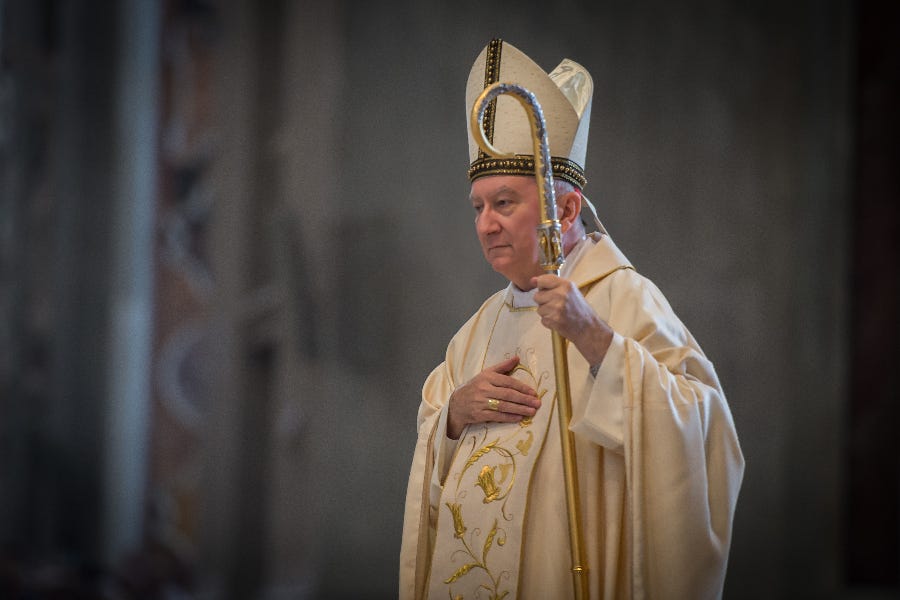Meet the conclave: Cardinal Pietro Parolin
His path from smalltown Italy to the heights of Vatican power.
Pillar subscribers can listen to this explainer here: The Pillar TL;DR
When Pietro Parolin was nine years old, his father died in a car accident. His sister Maria Rosa Parolin later described the event as “very destabilizing” for her brother. Their father had been a very religious man, whose devotion served as an inspiration for his oldest son.

